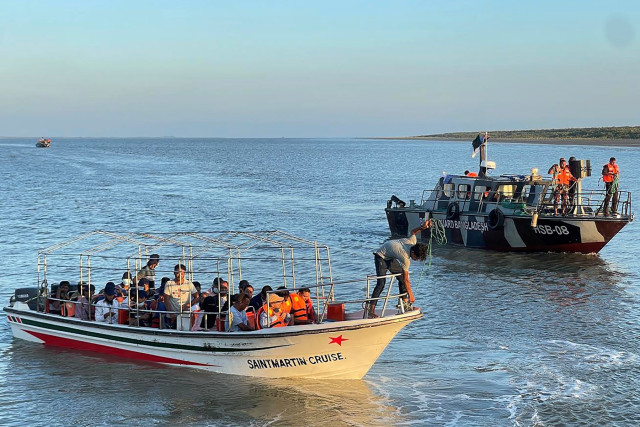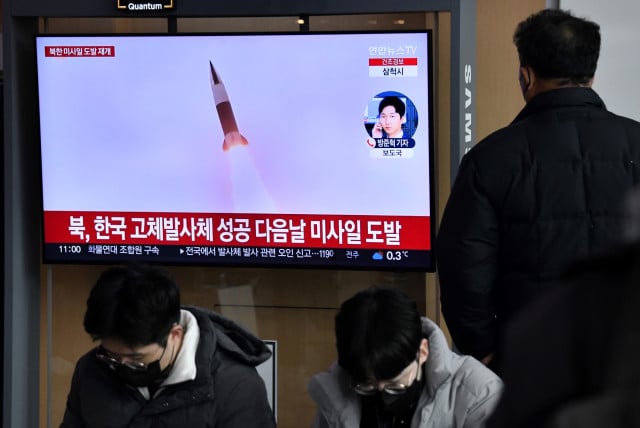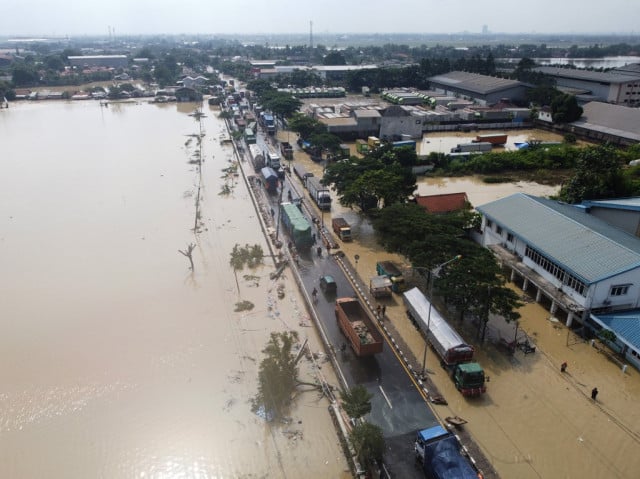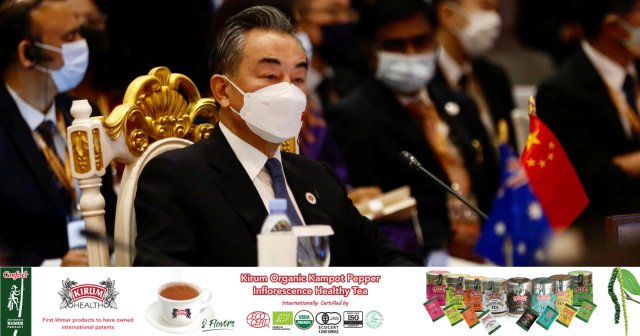Bangladesh Promises No Forced Return of Rohingya Refugees: UN

- By Agence France-Presse (AFP)
- June 6, 2023 4:25 PM
Dhaka, Bangladesh -- Bangladesh has promised that no Rohingya refugee will be returned to Myanmar against their will in a controversial proposed repatriation process, a top United Nations official has said.
"Refugees who wish to return should have access to clear, factual information to be able to make free and informed decisions," Kelly T. Clements, the UN deputy high commissioner for refugees, said in a statement late Monday after a four-day visit to Bangladesh.
"Under no condition should refugees be forced or coerced to return, which the government assured us would not happen," added Clements, who met both government officials and refugees.
Bangladesh is home to around a million Rohingya, most of whom fled a 2017 military crackdown in neighbouring Myanmar that is now subject to a UN genocide investigation.
The Rohingya are widely viewed in Myanmar as interlopers from Bangladesh, despite roots in the country stretching back centuries, and are stateless after Myanmar ceased recognising their citizenship in 2015.
Bangladesh and Myanmar have agreed to a pilot repatriation of 1,176 refugees, despite concerns raised by refugees and rights groups such as Human Rights Watch, who last month warned it poses "grave risks".
Bangladesh has repeatedly said any repatriation would be voluntary.
However, several Rohingya earmarked for the return programme told AFP they had been threatened to join.
One Rohingya man, who asked for anonymity, said refugee camp leaders had called him every day. "They said: 'If you don't go, you can't stay here, we will beat you.'"
Another Rohingya refugee, also speaking on the understanding his name would not be used, said he had been told to leave -- but would do so only if Myanmar gave him back his land.
"They said: 'You have to go, you can't stay here,'" he said.
"But why should we go if we don't get our land back? If they (Myanmar) give us citizenship, we will return. If they give us our land, we will go."
© Agence France-Presse















